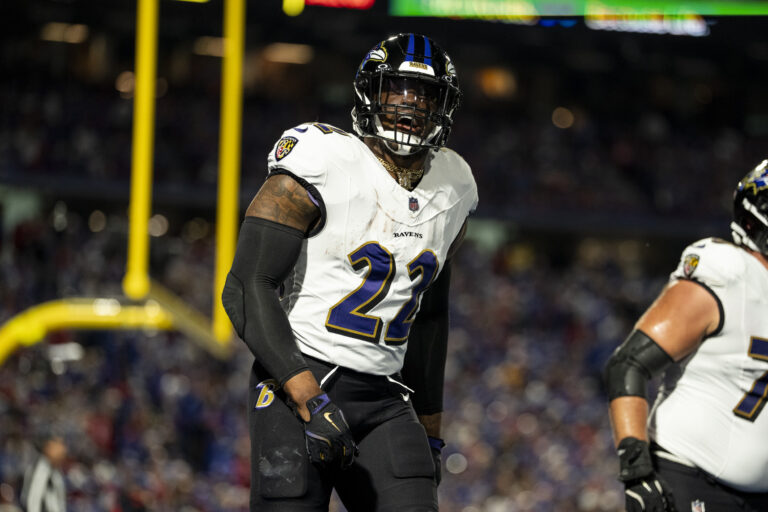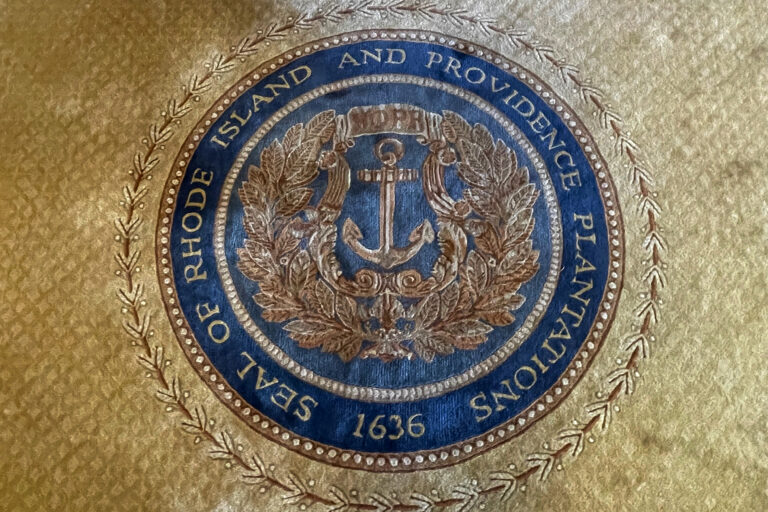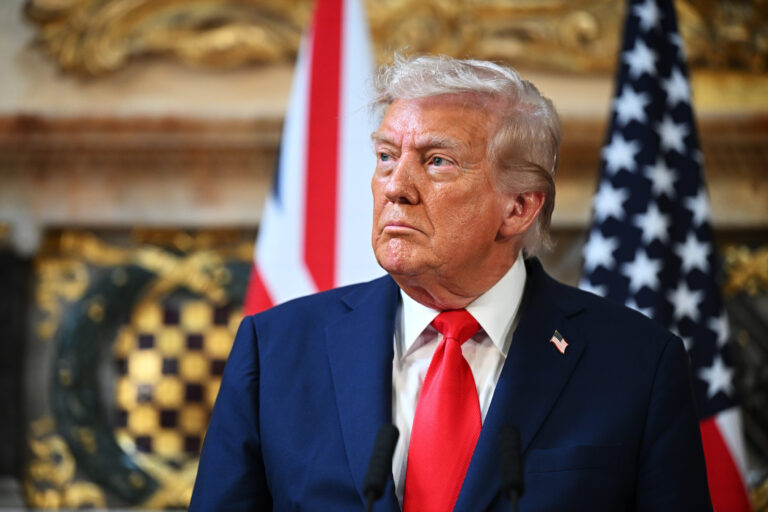
Former Vice President Mike Pence criticized President Donald Trump’s approach to tariffs during a Sunday interview on NBC News’ Meet the Press, calling the recently unveiled reciprocal tariffs “the largest peacetime tax hike on the American people in the history of this country.”
Newsweek reached out to the White House via email on Sunday for comment.
Why It Matters
This latest display of public criticism marks a significant break between the former running mates on economic policy. Pence and Trump fell out after he refused to go along with the latter’s efforts to remain in power after losing the 2020 election.
Now, he is among the few Republicans willing to publicly criticize the second Trump administration. Sunday’s interview follows Pence’s Wall Street Journal op-ed earlier this month where he described Trump’s tariff policy as a “massive policy misstep” and warned that “economic warning signs are flashing.”
His comments highlight growing divisions within Republican circles regarding Trump’s second-term approach to international trade, particularly as these policies could directly impact American consumers and businesses through potentially higher prices.
What To Know
While Pence began the interview praising aspects of Trump’s second administration, including border security efforts and military action against the Houthis in Yemen, he noted “some departure from the policies of our administration both at home and abroad.”
The former vice president emphasized that Trump’s current tariff approach differs substantially from their first term strategy, when tariffs were primarily used “as leverage for negotiations” rather than as baseline economic policy.
On April 2, Trump announced a series of sweeping global tariffs, including a baseline 10 percent on all imported goods and the widely anticipated “reciprocal” tariffs. Their implementation led the stock markets to drop drastically, with Wall Street posting its worst losses since 2020 and trillions of dollars in value erased.
Shortly after the “reciprocal” tariffs went into effect in April, Trump paused most of them for 90 days, which sent the markets surging. Notably, he did not delay tariffs on China then.
Pence directly challenged Trump’s frequent claim that other countries pay tariffs, stating, “when Americans buy goods overseas, the company that imports those goods in this country pays the tariff and more often than not passes that along in higher prices to consumers.” He expressed concern that Trump’s plan could implement a baseline of approximately 10 percent tariffs that would be “harmful to jobs in America” and “harmful to consumers.”
In his recent op-ed for The Wall Street Journal, Pence wrote that the first quarter of 2025 “marked the second-worst economic start for a presidential administration since Richard Nixon” and attributed this to the tariff announcement. He suggested the administration should “unite the democratic world in trade agreements that isolate China, not Europe and our Pacific allies.”
What People Are Saying
President Donald Trump at University of Alabama earlier this month: “Tariffs are making us very rich. And you’ll be seeing the results pretty soon—sooner than most people think. Because that’s what other countries have been doing to us, just so you understand.”
Former Vice President Mike Pence in his Wall Street Journal op-ed: “The Trump administration can still get the economy back on track through free trade with free nations, even as the U.S. retains targeted tariffs on adversaries such as China.”
Pence on Sunday’s Meet the Press: “When you’re vice president of the United States, my view is always this: I’d favor the president, with the full range of my opinion in private.”
He added: “And then when he made the decision, my job was to support his decision absent some higher calling or higher obligation that one has.”

Alex Wong/Getty Images
What Happens Next
The U.S. economy contracted by 0.3 percent between January and March, the country’s first downturn in three years.
The Trump administration is facing pressure to reach a deal with China and other countries as the president’s poll numbers on the economy fall and economists say tariffs will drive up inflation and could send the economy into a recession.




